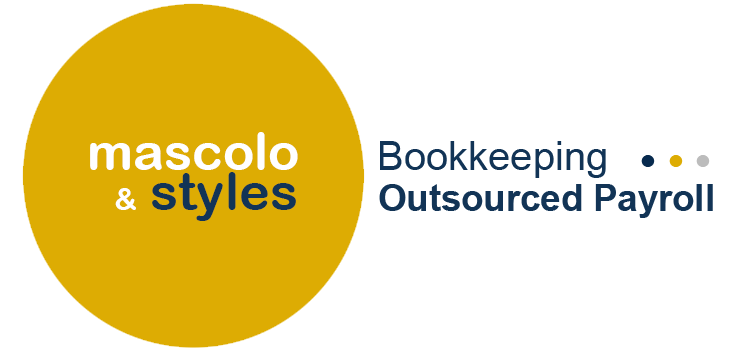What is PAYE (Pay As You Earn) in the UK?
PAYE, or Pay As You Earn, is the UK's system for collecting income tax and National Insurance contributions (NICs) from employees' earnings. Introduced in 1944, PAYE is administered by HM Revenue and Customs (HMRC) and is the primary method through which employees’ tax liabilities are automatically deducted from their salary or wages before they receive payment. PAYE ensures that tax is collected regularly and incrementally, rather than in one lump sum at the end of the tax year.
How PAYE Works
The PAYE system is structured to make tax collection easier and more manageable for employees and employers alike. Here’s an overview of how it operates:
Employer’s Responsibility: When an employer hires an employee, they are legally required to operate PAYE if the employee earns above a certain threshold. The employer will deduct income tax and NICs from the employee's gross pay and submit these deductions to HMRC on their behalf.
Tax Codes: To determine how much tax should be deducted, employees are assigned a tax code by HMRC. This tax code is based on an individual’s personal circumstances, including income, personal allowances, and any other factors affecting their tax liability.
Real-Time Information (RTI): PAYE operates on a real-time information basis, meaning employers report to HMRC every time they pay an employee, not just at the end of the tax year. This allows for more accurate and up-to-date tax collection and reduces the risk of employees overpaying or underpaying tax.
Adjustments and Rebates: Over the course of a tax year, an employee's tax code may change due to shifts in circumstances, such as receiving a bonus, working multiple jobs, or claiming additional allowances. If an employee overpays tax, they may be entitled to a tax rebate, which HMRC will usually process automatically. Conversely, underpayments can also occur, which HMRC may ask employees to repay through an adjustment in their tax code in future years.
Key Components of PAYE
Income Tax: PAYE primarily ensures that income tax is deducted from earnings based on pre-set tax bands. Tax-free personal allowances are applied before the taxable income is calculated. The PAYE system automatically adjusts tax deductions based on these thresholds.
National Insurance Contributions (NICs): Employees also pay NICs through the PAYE system. These contributions fund state benefits, such as the State Pension and NHS services. NICs are deducted in tiers
Student Loan Repayments: If an employee has taken out a student loan, repayments are also collected through PAYE, starting once their income exceeds a certain threshold. There are different repayment plans depending on when and where the student loan was taken out, but in general, repayments are calculated as a percentage of income above a certain threshold.
Pension Contributions: Workplace pension contributions may also be deducted through PAYE under automatic enrolment rules. If eligible, both the employer and employee will make contributions to the employee’s pension pot.
Benefits of PAYE
Convenience for Employees: PAYE ensures employees don't have to worry about calculating their own tax liabilities or submitting self-assessment tax returns unless they have additional income sources. The deductions are made automatically, making tax payments smooth and predictable.
Regular Payments: PAYE allows tax to be paid incrementally throughout the year, reducing the burden of having to pay a large lump sum of tax at the end of the year.
Accuracy: With real-time reporting, the PAYE system aims to be as accurate as possible, ensuring employees pay the correct amount of tax based on their earnings at any given time.
PAYE for Self-Employed Individuals
PAYE is generally designed for employees rather than the self-employed. Self-employed individuals must handle their own tax affairs through Self Assessment. However, they may still have to make PAYE contributions if they have employees working for them.
End-of-Year PAYE Reconciliation
At the end of the tax year (April 5th), employers provide employees with a P60 form, which summarises their total pay and tax deductions over the year. If there has been an overpayment or underpayment of tax, HMRC may adjust this during the following tax year.
PAYE and Additional Income
If an employee has additional sources of income, such as from investments or rental property, they may need to complete a Self Assessment tax return in addition to PAYE. This is because PAYE only collects tax on earnings from employment, and additional income streams may require further reporting to HMRC.
How can Mascolo & Styles help with PAYE?
PAYE is a vital system in the UK tax landscape, simplifying the process of income tax collection for both employees and employers. By automatically deducting tax and NICs at the source, PAYE ensures that the correct amount of tax is collected progressively throughout the year, reducing the need for manual filing and large tax bills at the end of the tax year.
By outsourcing PAYE to a specialist provider, you can remove the stress of managing your own payroll, reduce compliance risk, optimise resources and allow you to focus on your business’ growth.
For a free quote get in touch with our payroll team today.

